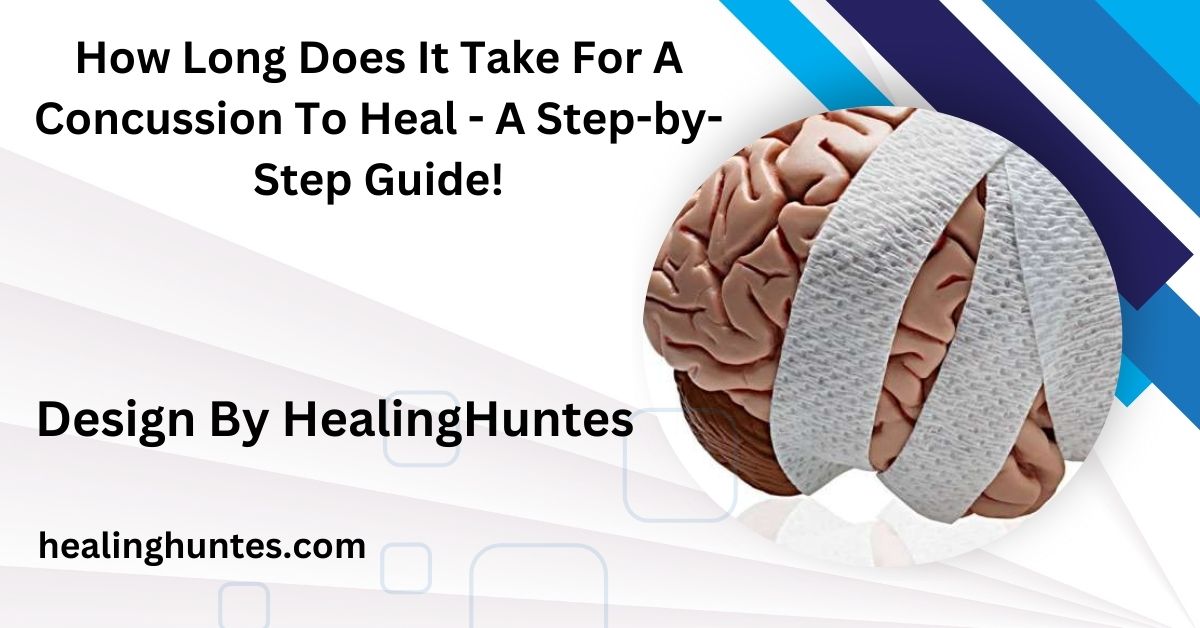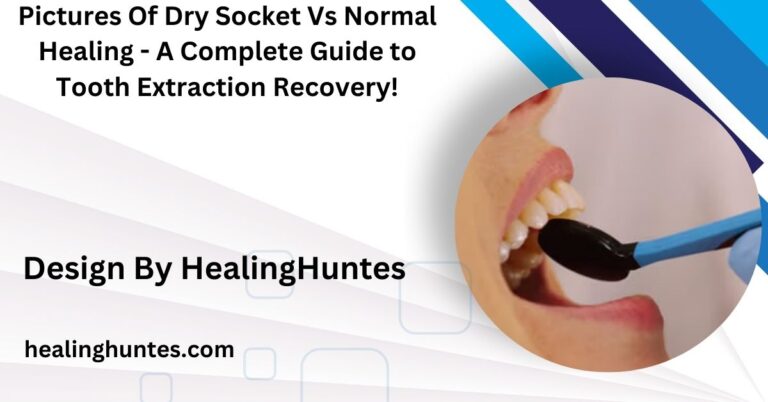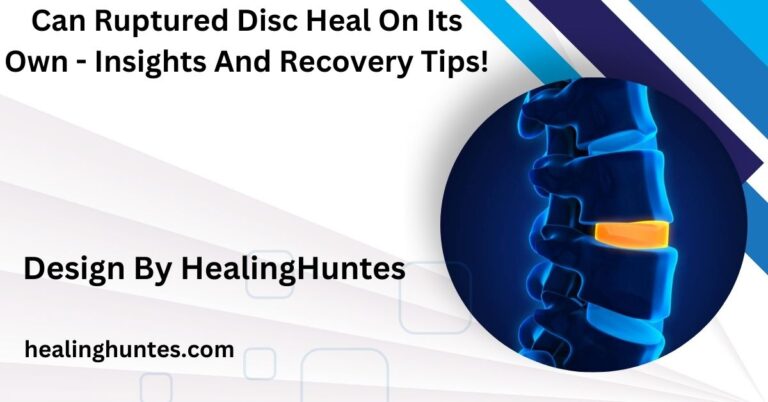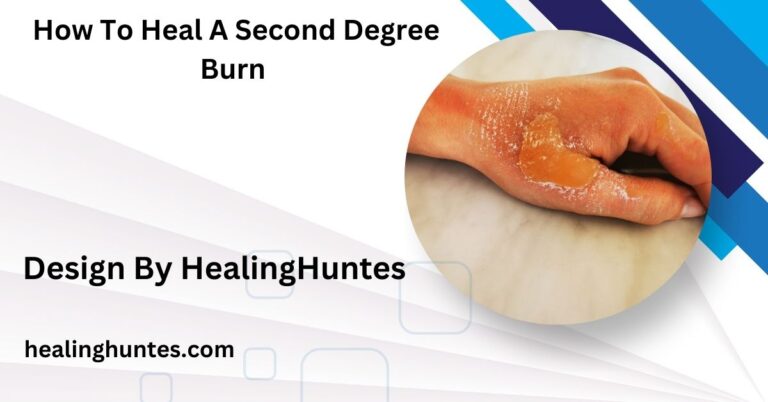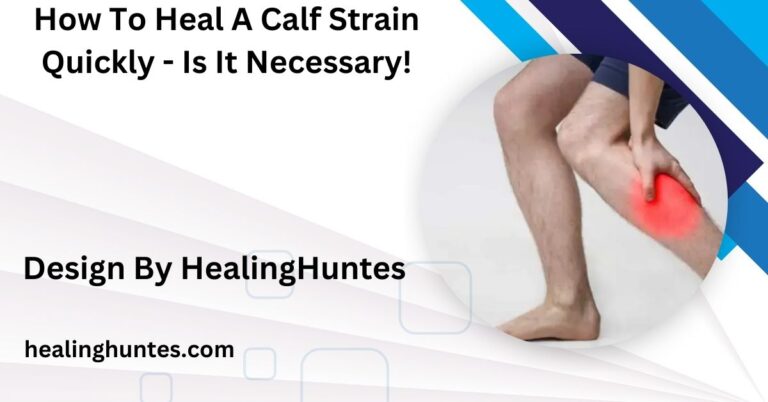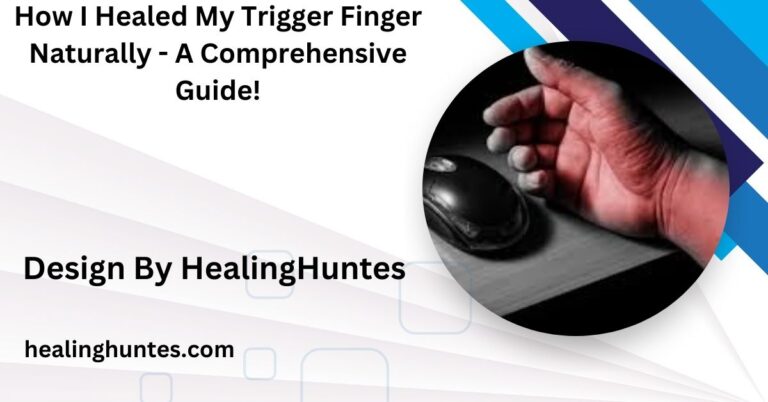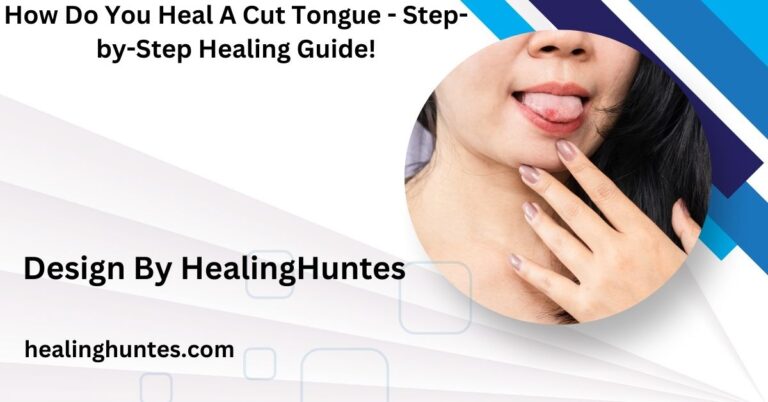How Long Does It Take For A Concussion To Heal – A Step-by-Step Guide!
Concussions typically heal within 7 to 14 days, but recovery time depends on severity, age, and adherence to rest and medical advice.
In this article, we will explore the healing process, symptoms, and steps for effective recovery.
Understanding Concussion Recovery:

Healing from a concussion varies widely from person to person, with recovery influenced by age, health status, and lifestyle habits. While some people may bounce back quickly, others may require a prolonged period of rest and medical care to achieve full recovery.
Why Recovery Times Vary:
The brain heals at its own pace, and each concussion is unique. Factors such as the location and severity of the injury, combined with the individual’s medical history, play a significant role. It’s essential to monitor symptoms closely and adjust activities based on your recovery progress.
Post-Concussion Syndrome:
In some cases, symptoms linger for weeks or even months, a condition known as post-concussion syndrome. This requires more intensive medical evaluation and specialized treatments to address persistent issues like headaches, fatigue, and cognitive challenges.
Factors That Affect Healing Time:
The amount of time it takes to recover from a concussion can depend on a combination of internal and external factors. Recognizing these factors can help manage expectations and create an effective recovery plan.
Severity of the Injury:
Mild concussions typically resolve within two weeks, while moderate to severe injuries may require months of recovery. Repeated concussions can also extend the healing timeline significantly.
Age and Overall Health:
Younger individuals generally recover faster due to their brain’s adaptability. However, pre-existing conditions, such as migraines or mental health issues, can slow down the recovery process, regardless of age.
Adherence to Treatment:
Ignoring medical advice or rushing back into normal activities can hinder recovery. Following a treatment plan, including rest and gradual activity reintroduction, is crucial for a swift and complete recovery.
Also Read: How Can I Make A Wound Heal Faster – Proven Tips and Tricks!
Symptoms During Concussion Recovery:
During recovery, common symptoms include headaches, dizziness, and fatigue, which can vary in intensity. Cognitive challenges like memory issues and difficulty concentrating may also occur. Emotional symptoms, such as irritability or mood swings, are not uncommon as the brain heals. Monitoring these signs helps track progress and ensures timely intervention if needed.
Common Symptoms:
- Headaches and dizziness are often the first signs of a concussion.
- Sensitivity to light and sound can make everyday activities uncomfortable.
- Cognitive issues, such as memory loss or concentration difficulties, may arise.
Worsening Symptoms:
If symptoms persist or worsen, it may indicate complications such as a secondary injury or post-concussion syndrome. Always consult a healthcare provider if you notice severe changes in your condition.
Steps to Support Concussion Recovery:
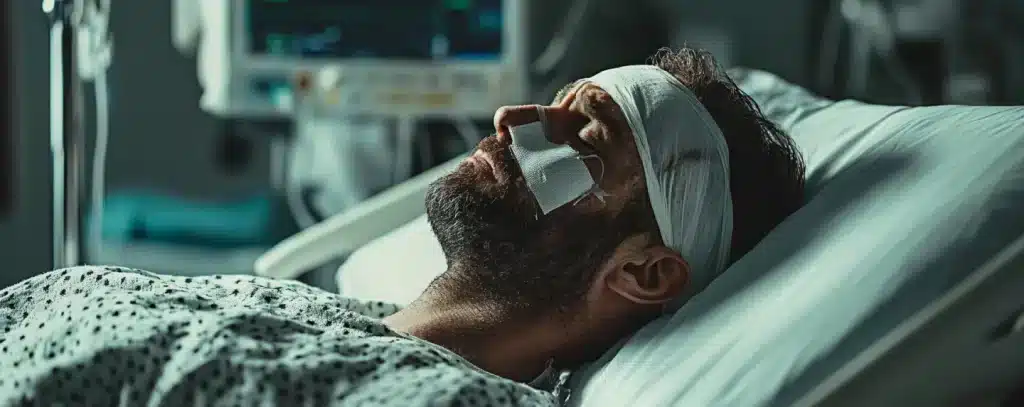
A well-structured recovery plan is essential for proper healing after a concussion. By prioritizing rest, gradual activity, and a nutrient-rich diet, you can ensure that your brain has the optimal conditions to recover effectively. Following these steps can minimize long-term effects and support overall health during the recovery process.
Immediate Rest and Reduced Activity:
Complete rest is essential during the first 24 to 48 hours after a concussion. This includes avoiding physical activities, screen time, and other stimulating environments. Rest allows the brain to stabilize and begin the healing process.
Gradual Return to Normal Activities:
Start reintroducing tasks slowly with light, non-strenuous activities. Pay attention to how your body reacts, and halt activities if symptoms resurface. This gradual approach reduces the risk of setbacks while ensuring steady progress.
Hydration and Nutrition:
Hydration is essential for brain recovery, so drinking enough water throughout the day is crucial. Nutrient-rich foods like salmon, spinach, and walnuts provide omega-3s and antioxidants to support brain healing. A balanced diet with lean proteins, healthy fats, and whole grains accelerates recovery and restores energy.
Also Read: How Long Does A Jammed Finger Take To Heal – Jammed Finger Recovery!
When to Seek Medical Attention:
Timely medical intervention is vital in ensuring a complete recovery and avoiding complications. While mild concussions often resolve with rest, certain warning signs require immediate attention.
Serious Symptoms:
- Repeated vomiting or severe headaches.
- Confusion or loss of consciousness.
- Difficulty speaking or walking.
Monitoring Progress:
Regular check-ups with a healthcare provider ensure that recovery is progressing as expected. Diagnostic tests, such as CT scans or MRIs, may be recommended for more severe cases.
Preventing Concussions:
While it’s impossible to eliminate the risk of concussions, preventive measures significantly reduce the likelihood of injury. Being proactive in your daily activities can safeguard your brain and overall well-being.
Wear Protective Gear:
Using helmets and safety equipment is essential when participating in sports or working in high-risk areas. Properly fitting gear ensures maximum protection and significantly reduces the risk of head injuries. Investing in quality equipment can save lives and prevent severe concussions.
Improve Home Safety:
Simple adjustments like removing tripping hazards, securing rugs, and installing handrails can make a big difference. These measures reduce the risk of falls and head injuries for individuals of all ages. Creating a safer environment at home promotes long-term well-being.
Educate on Safety Practices:
Teaching children and family members about head safety is crucial in preventing injuries. Emphasizing the importance of wearing helmets, avoiding risky behaviors, and staying cautious fosters a safety-first mindset. Education can empower individuals to make smarter choices daily.
FAQ’s
1. How long does it take to recover from a mild concussion?
Most mild concussions heal within 7 to 14 days with adequate rest and care.
2. Can I return to work after a concussion?
Light duties may be resumed after symptoms improve, but consult a doctor for guidance based on your condition.
3. Are headaches normal during concussion recovery?
Yes, headaches are a common symptom but should gradually decrease. Seek medical advice if they worsen.
4. What foods help with concussion recovery?
Foods rich in omega-3 fatty acids, antioxidants, and hydration, such as salmon, berries, and leafy greens, support brain healing.
5. Can repeated concussions lead to permanent damage?
Yes, repeated head injuries increase the risk of long-term complications, including chronic traumatic encephalopathy (CTE).
Conclusion
Recovering from a concussion requires patience, rest, and adherence to medical guidance. By recognizing symptoms early, taking preventive steps, and gradually resuming activities, most people can recover within weeks. Always prioritize safety and seek timely medical care to minimize risks and support a full recovery.
